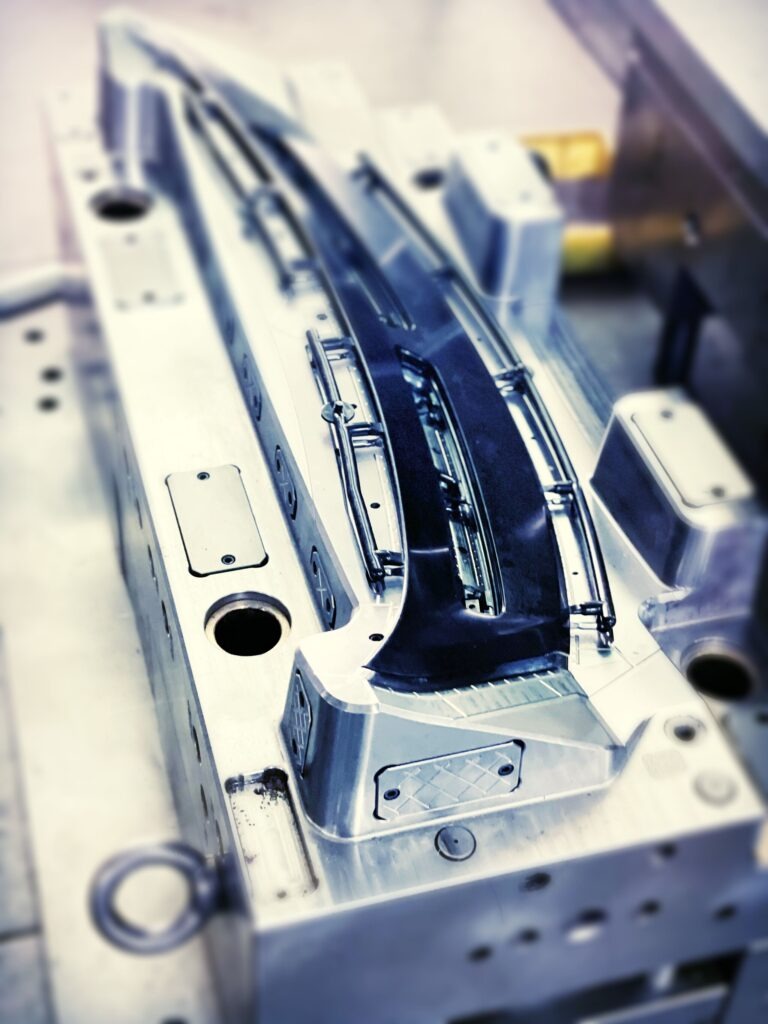Industry 4.0 is transforming the landscape of plastic injection mould tool manufacturing, bringing unprecedented advancements that benefit both tool manufacturers and injection moulders alike. By integrating cutting-edge technologies such as IoT, AI, and real-time data analytics, the industry is witnessing significant improvements in efficiency, quality, and overall productivity.
1. Enhanced Precision and Quality Control Industry 4.0 technologies enable real-time monitoring and precise control over the manufacturing process. Sensors and IoT devices collect data throughout the production cycle, allowing for immediate detection and correction of deviations from optimal parameters. This level of precision ensures that each mould tool produced meets stringent quality standards, reducing defects and the need for rework. For injection moulders, this translates to higher quality parts, fewer rejects, and greater consistency in production runs.
2. Predictive Maintenance and Reduced Downtime The integration of predictive maintenance tools powered by AI and machine learning allows manufacturers to foresee and address potential equipment failures before they occur. By analyzing data from machinery and production lines, these systems can predict when components are likely to fail and schedule maintenance accordingly. This proactive approach minimizes unplanned downtime, ensuring that mould tools remain in peak operating condition. For injection moulders, this reliability means less disruption in production schedules and increased operational efficiency.
3. Streamlined Production and Enhanced Flexibility Industry 4.0 facilitates greater flexibility in the production process through advanced automation and adaptive manufacturing systems. Smart factories equipped with automated machinery and robotics can quickly adjust to changes in production requirements, enabling rapid turnaround times for custom and complex mould designs. This agility is crucial for injection moulders who need to respond to varying market demands and customer specifications swiftly. The ability to produce high-quality, custom parts efficiently helps moulders maintain a competitive edge and meet diverse client needs.
4. Data-Driven Decision Making Access to real-time data and advanced analytics empowers manufacturers to make informed decisions quickly. By leveraging big data, manufacturers can optimize production processes, improve resource allocation, and enhance overall operational efficiency. For injection moulders, this means having the ability to optimize their moulding processes based on insights derived from tool performance and production data, leading to better product outcomes and cost savings.
5. Sustainability and Resource Efficiency Industry 4.0 promotes sustainable manufacturing practices by optimizing energy usage and material consumption. Advanced monitoring and control systems help reduce waste and enhance the efficient use of resources. For the plastic injection moulding industry, this commitment to sustainability is increasingly important as environmental regulations become stricter and customers demand greener products. By producing high-quality parts with minimal waste, injection moulders can align with sustainability goals and improve their market position.
Industry 4.0 is revolutionising plastic injection mould tool manufacturing by enhancing precision, enabling predictive maintenance, streamlining production, and driving data-informed decisions. These advancements significantly benefit injection moulders, leading to improved part quality, reduced downtime, greater production flexibility, and enhanced sustainability. Embracing Industry 4.0 technologies is not just an upgrade; it’s a strategic move towards future-proofing the plastic injection moulding industry.


